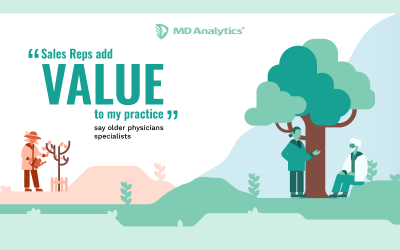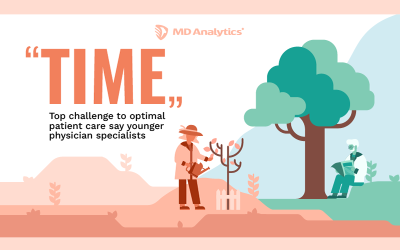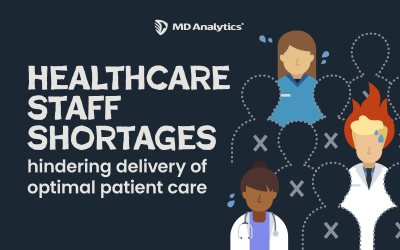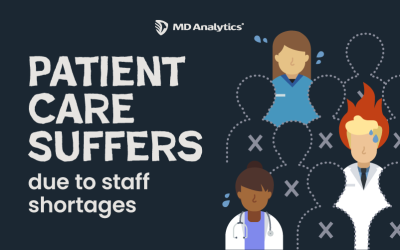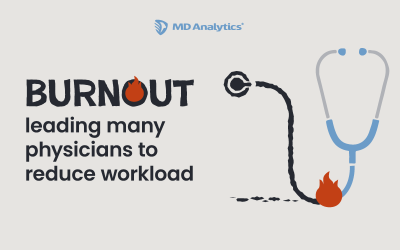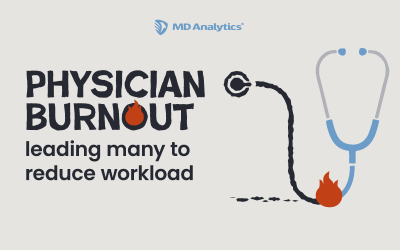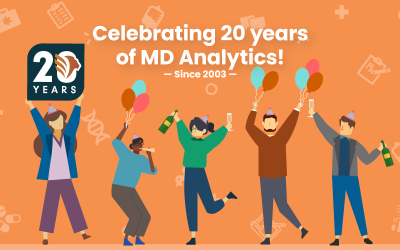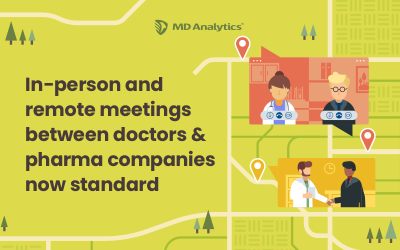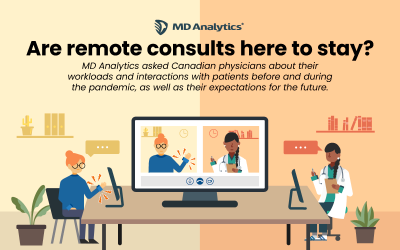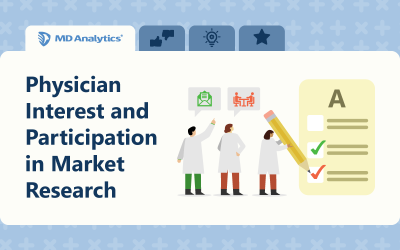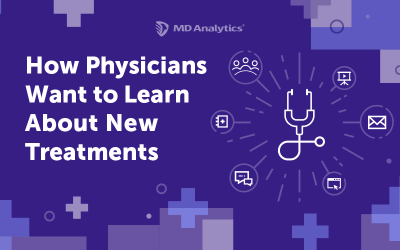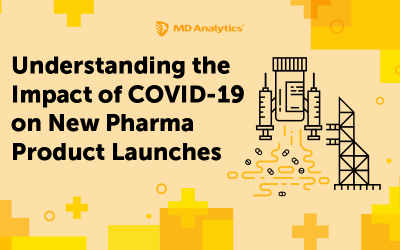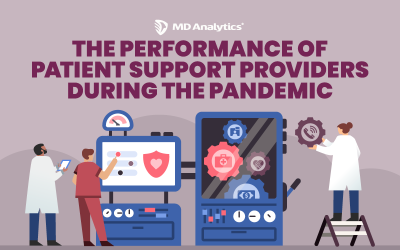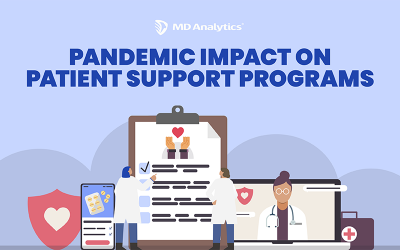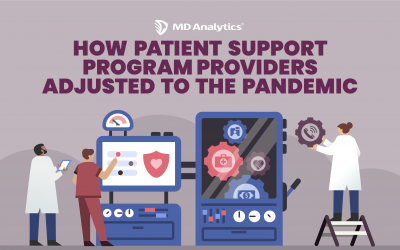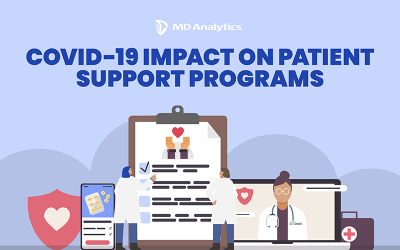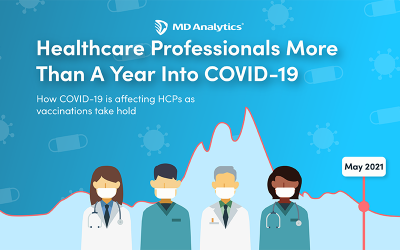According to our recent research among physician specialists, the younger generation is less engaged with and reliant on pharmaceutical companies than the older generation.
When it comes to information sources used in the past six months, online and paper-based medical journal articles are the most common resource for both Younger and Older specialists. However, differences exist in the use of pharmaceutical sales reps (Older 44% vs. Younger 33%) and significantly in the use of pharmaceutical websites (Older 33% vs. Younger 15%).
There are also differences in preferred information sources for new products and services, with Older specialists having a stronger preference for industry-provided information. Half (52%) of Older specialists prefer sales reps, significantly higher than one-quarter (28%) of Younger ones. Similarly, Older specialists are more likely to prefer manufacturer websites (Older 50% vs. Younger 38%).
